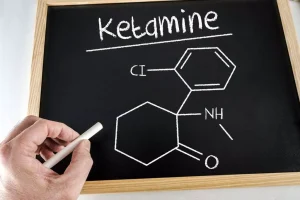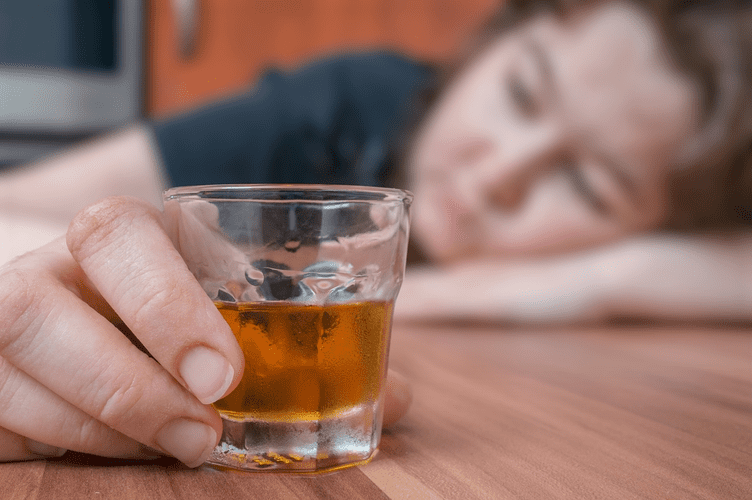
Essentially, when an individual drinks, the brain amplifies certain activities to counterbalance the depressive effect alcohol has on it. When that numbing sensation disappears entirely, the brain is left dangerously overstimulated. Insomnia, anxiety and paranoia — the opposite effects of alcohol — are the expected results. Thus, a user will likely seek out alcohol again to rid themselves of the uncomfortable withdrawal symptoms. Alcohol withdrawal symptoms range in severity depending on how extensive the misuse behavior was.
Check in with your body for signs of detox
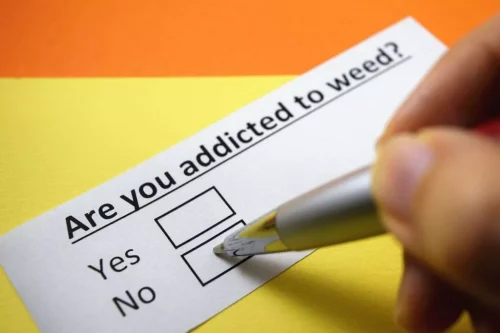
Quitting cold turkey means suddenly stopping all alcohol consumption. This method can lead to withdrawal symptoms, especially if you’ve been a heavy drinker. Making a clean break, however, provides a sense of finality and commitment. One important thing to do when addressing alcohol withdrawal is to distance yourself from enablers and any drinking advocates that are in your life. They often will minimize your addiction by telling you it’s not that big of a deal. It’s best to avoid these people during and following withdrawal.
- If you’ve been drinking for a long time, you may experience withdrawal symptoms when you quit drinking.
- Alcohol depresses your nervous system2, so your body creates more receptors for neurotransmitters, or messengers, to stimulate the nervous system.
- Attending a residential rehab or outpatient program gives you coping mechanisms and life skills that can help you for years to come after treatment.
- Your insurance plan may cover some or all of the cost of treatment for drug or alcohol addiction.
Can Tapering Help You Quit Alcohol?

For people who moderately consume alcohol, tapering off may be a good option. However, quitting cold turkey how to taper off drinking or tapering is not advisable for people with an AUD. Learn more about alcohol withdrawal here and, once again, speak to a doctor first. Quitting binge drinking may require different strategies than either tapering or cold turkey.
Mixing Weed and Alcohol: Effects and Risks
- Or sit down with your knees bent and lay them against your thighs at an upwards angle so they are facing you.
- When symptoms become that serious, it can be difficult to seek help.
- Seeking help as early as possible during the withdrawal process is the best way to stay safe as you cleanse your body of alcohol.
- Alcohol withdrawal symptoms can range from being a slight nuisance to extremely uncomfortable.
For example, if you start to suffer from alcohol withdrawal symptoms despite an attempt to taper, your symptoms may worsen before you have the chance to seek medical attention. For this reason, even at-home tapers should be done under a doctor’s care. For people who experience mild alcohol withdrawal symptoms, there are safe ways to detox at home. People who experience tremors, shakes or confusion when they quit drinking should consider medically supervised detox. You should talk to a doctor about the safest way to detox if you experience any withdrawal symptoms when you stop drinking. Alcohol dependence causes your body to adapt to the presence of alcohol in your body.
– Don’t go through withdrawal alone.
Alcohol also changes your brain chemistry, which can result in higher levels of anxiety and depression for the first several months. The main downside of tapering off is that it requires discipline. You’ll need to stick with gradual reduction every day and not revert to previous levels of consumption, otherwise it won’t work. If it’s too hard to control how much you drink each day, weaning might not be the right strategy.

Insurance May Cover The Cost of Alcohol Rehab
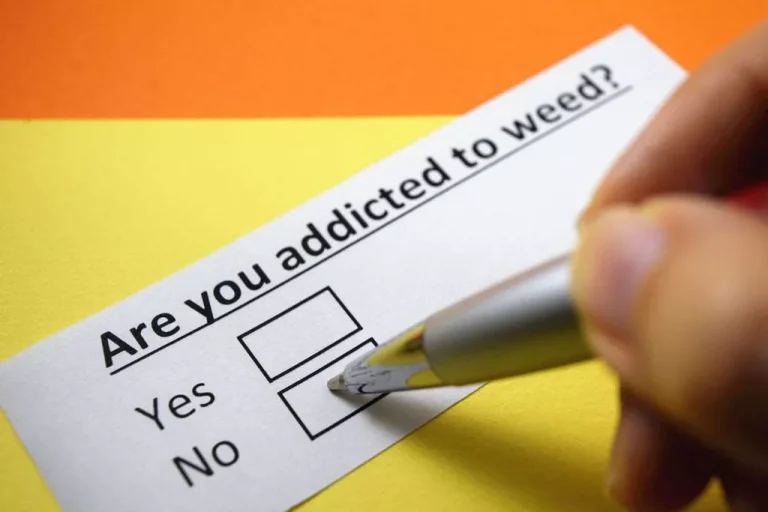
Other people use medication-assisted treatment, which can help reduce alcohol cravings as you cut back. Lastly, engaging in alcohol therapy can also make a major difference in your healing journey. A therapist will work with you to create a personalized plan for cutting back and provide ongoing guidance and accountability. If you properly taper your alcohol use, you’re less likely to experience alcohol withdrawal symptoms. Gradually reducing the amount of alcohol you drink can help give your body the time it needs to adjust to the lack of alcohol. Quitting alcohol can be done safely, and it may be important for someone with a substance use problem.
What helps with shakes from alcohol withdrawal?
- If you’ve been drinking for a long time, tapering off can cause withdrawal symptoms.
- Further, mental health disorders like anxiety and depression are extremely common in those who struggle with drinking, and these disorders can make it even harder to stay sober.
- No one should ever attempt a substitution taper with prescription medication unless their doctor specifically prescribed it for that purpose in a medical detox program.
- In contrast, in-patient care can be more beneficial and less expensive in the long-term.
- Often, people with alcohol use disorder find that other people in their lives spot their addiction long before they do.
- This is because going through alcohol withdrawal (or a lot of people say “detoxing”) can be very uncomfortable and even life-threatening.
An effective coping technique is to “fast forward” your relapse fantasy. Instead of thinking about the momentary relief that will come with the drink, think beyond that to the inevitable pain that will come after. Think about all your work thus far and how much of a setback that would be. Consider how drinking again will only prolong your addiction and create more pain as you enter detox again.
– Get medical assistance if you experience anything beyond mild withdrawal symptoms.
It doesn’t take GABA’s place; rather, it binds to a different site on the receptor and makes GABA even stronger. Alcohol is a central nervous system depressant that works in the brain by slowing down activity. It achieves its effects by working with an inhibitory neurotransmitter called gamma-aminobutyric acid, known as GABA. GABA is a chemical messenger in the brain that slows activity in the central nervous system so that you can rest, relax, and sleep.
Overall, getting professional help can improve your chances for long-term sobriety. If you struggle to stop drinking, avoid places and situations that tempt you to drink alcohol. You may even ask your friends and family not to drink while around you. If you have a severe level of addiction or dependency, you may need a detox program.
What medication helps with alcohol withdrawal?
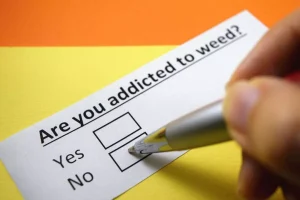
They can also ensure your alcohol detox is successful by making it nigh impossible to relapse if symptoms get difficult. Substituting a prescription drug for alcohol should only happen with the help of a medical professional. No one should ever attempt a substitution taper with prescription medication unless their doctor specifically prescribed it for that purpose in a medical detox program.


